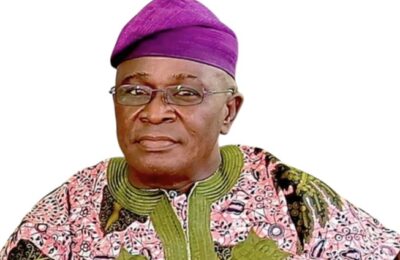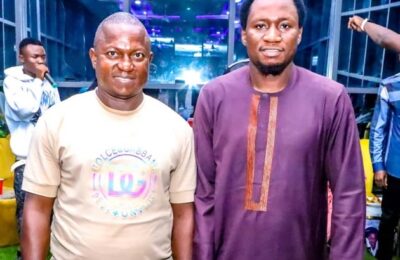In 2027, the electorate in Igalaland might believe they are participating in another routine democratic exercise. Yet, beneath the veneer of electoral civility lies a more insidious architecture—a silent coup driven by the undercurrents of political mafia-ism. The precursors are subtle, almost innocuous: clandestine caucuses, populist sloganeering, and the meteoric rise of well-oiled political machinery seemingly disconnected from grassroots legitimacy. But this is not coincidence—it is the calculated deployment of a political subculture that mimics democratic processes while hollowing out their essence.
Label it a minor miscalculation, and you won’t be wrong. But that negligible lapse in political judgment could engender a generational catastrophe. What looms is not merely an electoral transition but a systemic capture—an orchestrated consolidation of power by a cabal whose allegiance lies not with the populace, but with hegemonic self-interest. The merchant of Ayija and his political surrogates have mastered this schema. With Machiavellian finesse, they placate the masses with performative gestures while seducing power brokers with transactional loyalty.
The mafia political model transcends the simplistic definitions of thuggery or godfatherism; it is an ideological infiltration. It repurposes traditional institutions into echo chambers of elite propaganda, commodifies poverty as a tool of political enslavement, and mobilizes unemployed youth as instruments of coercion. It systematically displaces elder statesmen with political minions and subverts ancestral wisdom with orchestrated cacophony.
By 2027, if left unchecked, this subversive political framework may entrench itself as the de facto governance model in Igalaland. The repercussions will be dire—an erosion of institutional integrity, the delegitimization of political opposition, and the normalization of impunity. The spiritual guardians, the Church, risk becoming complicit through silence; the youth risk becoming pawns in a larger game of deceit and retrogression.
The calamity lies not in the ingenuity of their stratagem, but in our collective acquiescence. We fraternize with the architects of our decline, celebrating them as benefactors while they mortgage our destiny. We venerate political mercenaries because they bankroll communal festivities, blind to the fact that our future is interred beneath their benevolence.
A single error in 2027—electing a mafia-endorsed candidate—could institutionalize political servitude and dismantle the last remnants of Igala’s revered political heritage. And when the chains of systemic suppression tighten, we may recall these admonitions, but our lamentations will be futile.
There remains a slender window of redemption. Yet history teaches that neither power nor time is merciful to a complacent citizenry. The clarion call has been sounded. Let the sagacious awaken.
Igalaland, be discerning. Do not conflate food security with visionary leadership. Do not equate opulent convoys with administrative competence. And do not mistake coerced tranquility for sustainable peace. The political mafia rarely arrives with gunfire; it often enters through institutional complicity and charismatic deception.
Be vigilant. That little mistake in 2027 could become our irreversible tragedy.
– Inah Boniface Ocholi writes from Ayah – Igalamela/Odolu LGA, Kogi state.
08152094428 (SMS Only)




